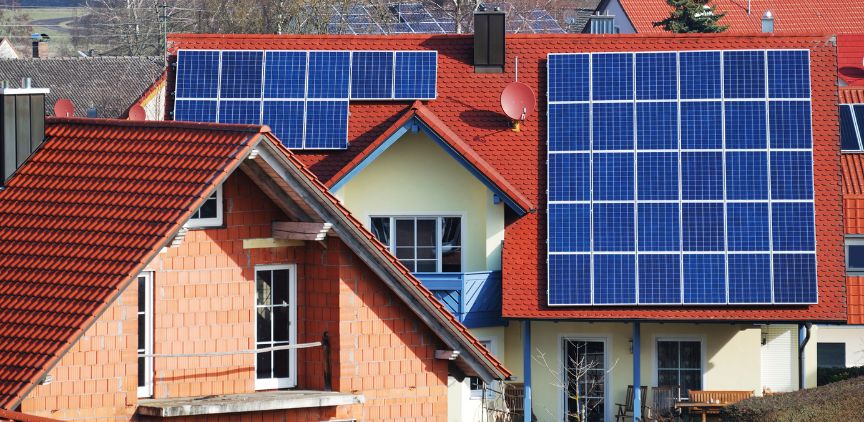Home Solar Kits: An Environmentally Friendly Option
Are you interested in simultaneously reducing your home's electricity bill and protecting the environment? Bringing home solar kits into your home is the perfect solution! Home solar kits are an environmentally friendly way to generate renewable energy for homes with limited roof space.
Installing home solar kits is easy and can yield huge savings over time. This guide will provide everything you need to know about home solar kits and why they are an excellent option for powering your home.
What Exactly are Home Solar Kits?
Home solar kits are a fantastic way to harness the sun's power and go green while saving money in the long run.
Depending on your home solar kit, it will come with parts like photovoltaic modules, a charge controller, specialized connectors and cables, mounting hardware for installation on roofs or walls, and instructions specific to your home’s needs.
Yes, this means that home solar kits are simple DIY project that anyone can complete with the right tools and patience.
There are two types of solar panel systems:
Off-Grid
Off-grid solar kits are a fantastic way to provide uninterrupted electric power, especially when living far from municipal electrical lines. They come with all the equipment needed to set up your power station, such as a battery bank for storing electrical power and various components necessary to provide backup power during outages or after sunset.
Grid-Tied Solar Systems
Grid-tied solar kits are simple enough to install and can be done by most do-it-yourselfers quickly – no specialized tools or technical knowledge is required. With efficient performance and durable solar panels, they're an affordable way to continue powering your home while doing good for the earth.
What are the Uses of Home Solar Kits?
Home solar kits are becoming a popular option for generating power and reducing energy costs at home. They can be used in various applications, such as powering lights, charging electronics and heating water. Home solar kits can provide an affordable and easy alternative to traditional energy generation methods.
The uses of solar power kits include:
- Providing electricity to light homes or other spaces.
- Charging electronics using solar panels.
- Heating water with solar thermal technology.
- Generating power for off-grid use.
- Reducing energy bills by utilizing renewable energy sources.
What are the Pros and Cons?
Investing in a home solar kit can significantly reduce your carbon footprint, save money on electricity bills and allow you to become more independent off of the power grid. However, it is not the right choice for everyone. Before diving into the world of home solar kits, you should consider their pros and cons.
Pros
- Cost-efficient way to generate electricity.
- Easy to install with minimal disruption.
- Eco-friendly and renewable source of energy.
- Can increase the value of your property.
Cons
- Initial cost can be prohibitively expensive for some.
- Dependent on weather conditions for optimal performance.
- May require professional installation depending on the complexity of the system.
Associated Costs
Going green can be an excellent way to save money in the long run and investing in a solar panel system is no exception. Although the initial expenses of purchasing and installing a solar panel system can appear significant, many cost-saving benefits come with making this investment.
Solar panels can reduce monthly electricity bills significantly, although this may take 3–5 years to see those savings kick in.
Ultimately, it’s advisable to crunch the numbers so you can fairly judge how much each system costs versus the projected savings and decide whether an investment in solar power is suitable for you.
If you’re considering a DIY solar energy kit, the good news is that the cost can be relatively low; the immediate cost of most kits is under $10,000. But this can still strain a budget if you don't intend to use it extensively or stay in that location for an extended period.
Before making your decision – and before you check out – make sure you research potential tax incentives and rebates available in your area. They could significantly reduce upfront costs and make solar energy more affordable for you in the long run.
The Bottom Line
Solar energy is transforming how people worldwide produce energy, and home solar kits are a great way to start embracing this technology. With this guide, you should now have enough knowledge to decide if DIY solar panels are right for you.
Whether it be for cost savings, self-sufficiency or environmental concerns, solar power can help many homeowners reduce their carbon footprint and pay less on their utility bills. Regardless of your choice, it's always important to research before powering your home.
